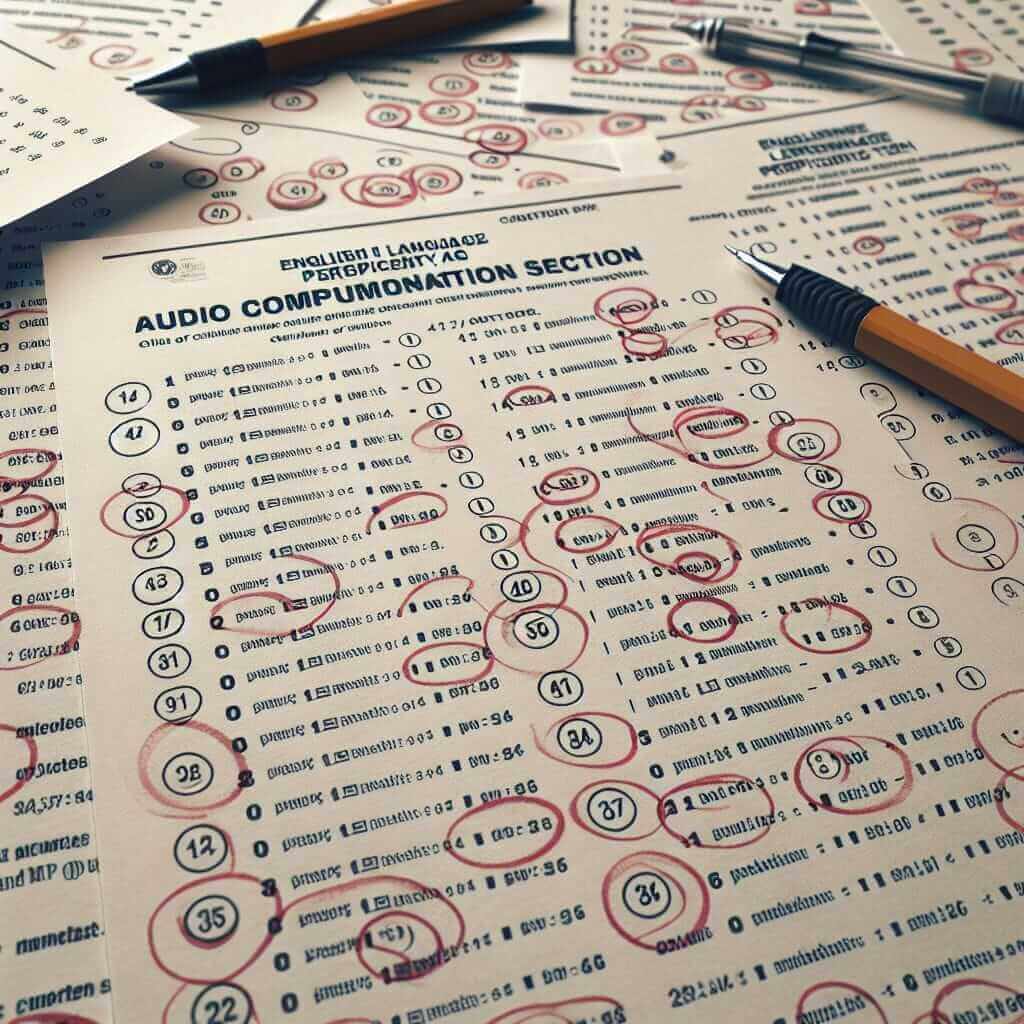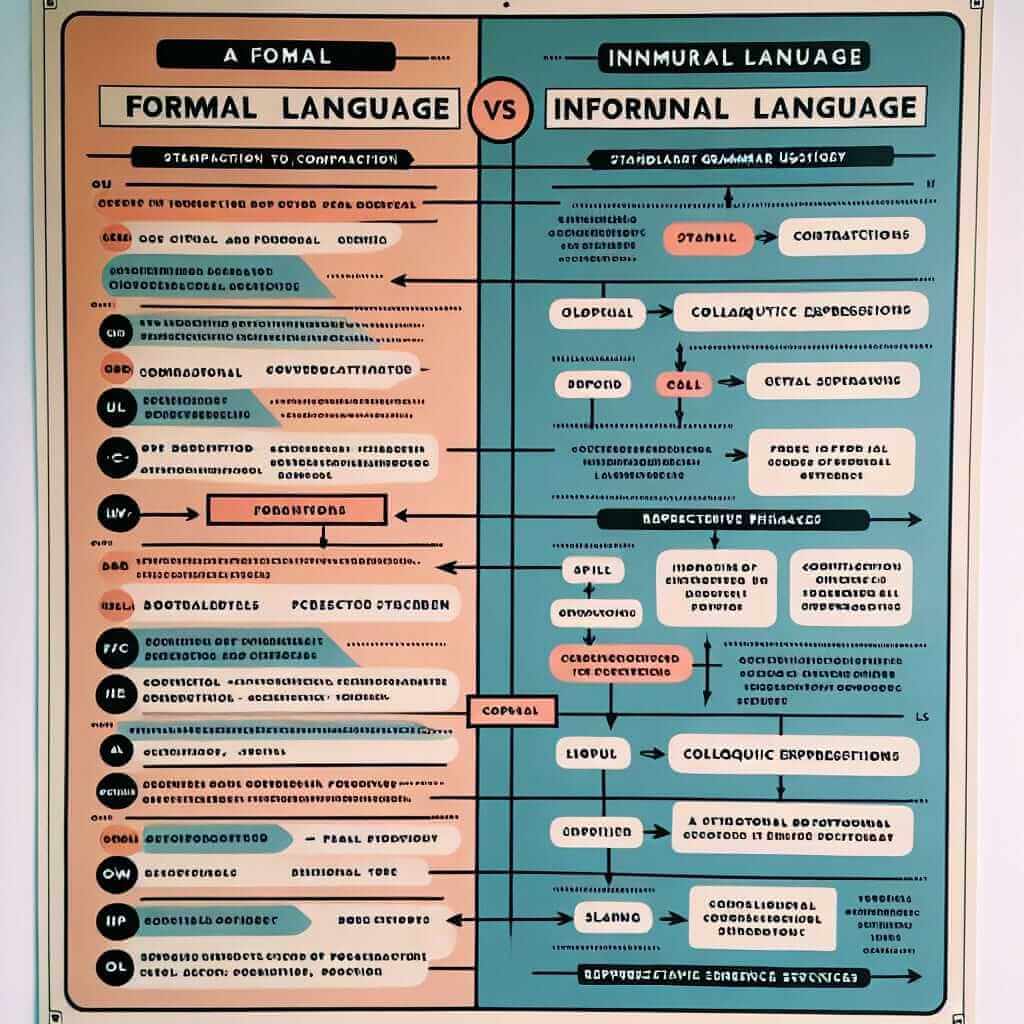As an IELTS instructor with over two decades of experience, I’ve witnessed countless students stumble over a surprisingly simple yet crucial aspect of the Listening test: writing numbers correctly. While it might seem trivial, misinterpreting or miswriting a number can cost you valuable points. This comprehensive guide will equip you with the knowledge and strategies to confidently tackle numbers in the IELTS Listening test and boost your overall score.
Nội dung bài viết
- Why Understanding Numbers in IELTS Listening Matters
- How to Write Numbers in IELTS Listening Effectively
- 1. Anticipate Numbers
- 2. Focus on Pronunciation
- 3. Practice Number Dictation
- 4. Be Aware of Variations
- 5. Utilize Shorthand
- 6. Double-Check Your Answers
- Illustrative Examples from IELTS Listening
- Expert Tips for Success
- Conclusion
Why Understanding Numbers in IELTS Listening Matters
The ability to accurately understand and write numbers is essential for several reasons:
- Accuracy: In the IELTS Listening test, details matter. Whether it’s a date, a phone number, or a statistical figure, recording the information precisely as you hear it is crucial for a high score.
- Real-Life Application: The IELTS test assesses your English language skills in practical, everyday contexts. Numbers are integral to communication, from understanding directions and prices to following instructions and discussing statistics.
- Confidence Boost: Mastering numbers eliminates a potential source of anxiety, allowing you to focus on the broader listening comprehension tasks at hand.
How to Write Numbers in IELTS Listening Effectively
Follow these proven strategies to improve your handling of numbers in the IELTS Listening test:
1. Anticipate Numbers
The context of the listening material often provides clues about the type of numbers you’ll encounter. For instance, if the conversation is about a historical event, anticipate dates. If it involves booking a flight, expect to hear prices, flight numbers, and times.
2. Focus on Pronunciation
Pay close attention to how numbers, especially those with similar sounds, are pronounced. Distinguish between:
- “-teen” and “-ty”: Notice the difference in stress and vowel sounds (e.g., “thirteen” vs. “thirty”).
- Similar sounding numbers: Be alert to numbers like “fifty” and “fifteen”, or “fourteen” and “forty”.
3. Practice Number Dictation
Regularly engage in number dictation exercises. You can find these online, through IELTS preparation materials, or even by creating your own with a study partner. Vary the speed and accent of the dictation to simulate the actual test environment.
4. Be Aware of Variations
Remember that numbers can be expressed in various ways:
- Dates: “The tenth of June” or “June the tenth” , “2006” or “two thousand and six”
- Times: “8:30 p.m.”, “half past eight in the evening”, “eight thirty at night”
- Fractions & Decimals: “One quarter”, “0.25”, “twenty-five percent”
5. Utilize Shorthand
Develop a system of shorthand symbols for frequently occurring words like “thousand,” “hundred,” “point,” or “percent” to aid quick note-taking during the test.
6. Double-Check Your Answers
Always allocate time to review your answers. Ensure that all numbers are legible and correctly transcribed, paying particular attention to those tricky “teens” and “-ties.”
Illustrative Examples from IELTS Listening
Let’s look at how these strategies apply to real IELTS Listening scenarios:
Scenario 1: A conversation about a historical figure
- Audio: “The museum’s new exhibition celebrates the life and work of Leonardo da Vinci, born in fourteen fifty-two and renowned for masterpieces like the Mona Lisa.”
- Potential Pitfall: Mishearing “fourteen fifty-two” as “fourteen fifteen” due to similar pronunciation.
- Solution: Anticipate dates in the context of a museum exhibition and pay close attention to the stressed syllable in the number.
Scenario 2: A lecture on population statistics
- Audio: “The city’s population has increased by a staggering twenty-five percent in the past decade, reaching an estimated three point two million inhabitants.”
- Potential Pitfall: Confusing the decimal point in “three point two million” and writing it as “three thousand two million.”
- Solution: Be familiar with different ways to express large numbers and pay close attention to the placement of “point” in decimals.
 IELTS Listening Test Numbers
IELTS Listening Test Numbers
Expert Tips for Success
- Stay Calm: If you miss a number, don’t panic. Move on and focus on catching the next piece of information. You can often infer missed details from the context.
- Practice Makes Perfect: Consistent practice is key to mastering any skill. The more you expose yourself to different accents and speeds, the more confident you’ll become in your ability to accurately understand and write numbers.
Conclusion
Don’t let numbers be your downfall in the IELTS Listening test. By understanding the importance of accuracy, implementing effective listening strategies, and practicing regularly, you can conquer this often-overlooked aspect of the exam. Remember, every detail matters on your journey to achieving your desired IELTS score.


